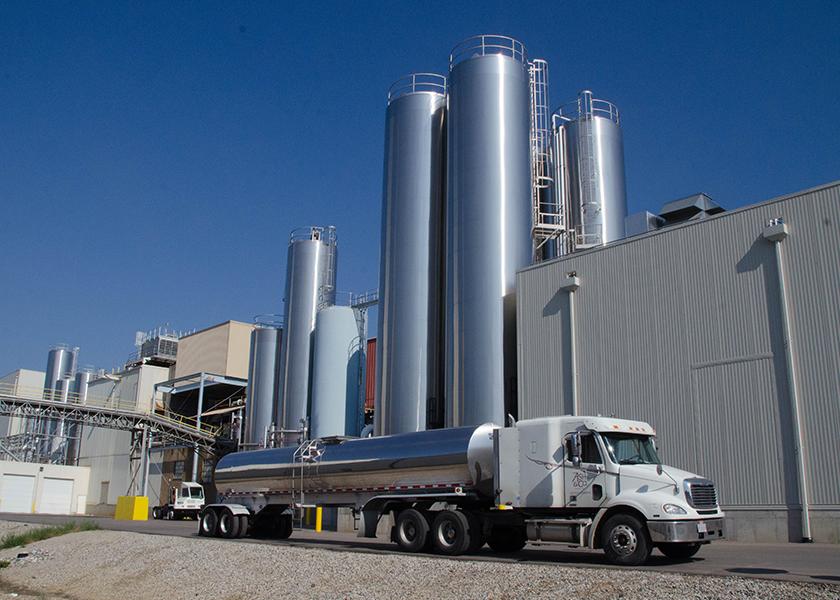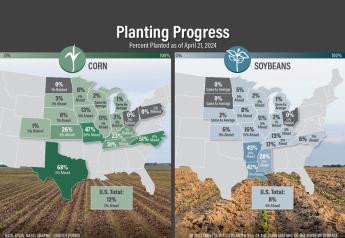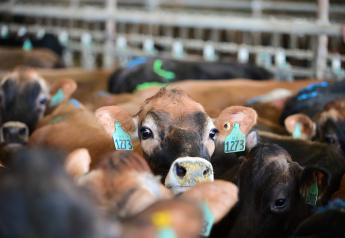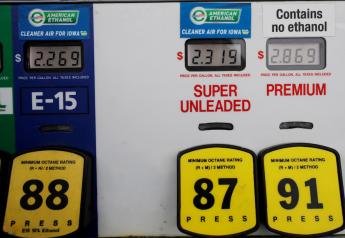Dairy Supply Chain Continues to Face Challenges

Transportation and labor issues continue to disrupt the dairy supply chain. Over the past few years, dairy plants have intermittently had to scale back production due to a variety of labor issues, including an ongoing tight supply of workers, sick employees and those exposed to covid who had to quarantine at home, and limitations in the number of work visas due to Covid-19 restrictions. In addition, the freight industry has faced multiple problems, which has further disrupted dairy supply chains, according to Betty Berning, analyst with the Daily Dairy Report.
“Transportation is critical to the dairy supply chain,” Berning said. “Trucks, rail, and container ships are a vital part of dairy’s infrastructure, whether they are moving milk off the farm, ingredients to a co-op or processor, or finished products to wholesalers and retailers.”
Because milk and some dairy products are highly perishable, they need to be transported quickly. When transportation isn’t available, Berning said milk must be dumped, and producers typically absorb the cost.
One of the most noticeable and challenging issues in the freight industry today is the cost of fuel, which is much higher today than a year ago. Fuel costs have pushed freight prices and that has impeded the movement of milk and dairy products.
“More expensive freight means less cream moves from the West Coast to the East Coast, and manufacturers are less likely to buy surplus milk from other regions of the country, unless it is discounted enough to make up for the additional freight costs,” Berning said. “In addition, more milk is being processed locally rather than being moved around the country to where it is needed, to its most profitable use, or to products that are in highest demand.”
In milk surplus states, for example, where cheese is the dominant dairy product, processors are making more cheese instead of transporting surplus milk out of state, she noted. This strategy explains why cheese stocks are continuing to build, despite steady demand.
Transportation issues continue to be ongoing globally and domestically. Last month in Oakland, California, independent truck drivers protesting California Assembly Bill 5 (AB5) at at the Port of Oakland, the eighth-busiest container seaport in the United States and an essential port for shipping California dairy products overseas, effectively shut down the port as trucks blocked port entrances, and dock workers refused to report to work, citing safety concerns. While business has since returned to normal, it could take weeks for the port to work through the resulting backlog. With no resolution on AB5 having been reached, further protests could occur, again slowing supply chains in the nation’s largest milk-producing state.
“The rail industry presents another potential supply chain snafu,” Berning said. “Unions and railroad companies have been in negotiations for two years, and now union rail workers are threatening to strike, over higher wages and healthcare benefits.”
President Joe Biden recently appointed a commission to help negotiate an agreement between the railroads and unions to avoid what could eventually become first rail strike in 30 years.
Related Content
- Dairy Prices Surge at Retail
- Rising Milk Prices Start to Choke Demand in South America
- High Energy Costs Could Convince Some Powder Makers to Switch Products







